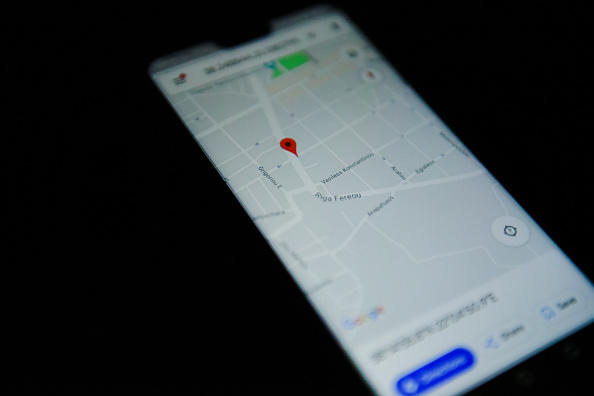Smartphones hold far more data then most people seem to realize. They’ve become our wallets, computers, and even our own personal maps — which is something law enforcement agencies are especially interested in.
The business of tracking cell phone users has developed hoards of information for police, who are now keen on using it. According to the New York Times, requests for information from Google’s mobile Location History database — known as Sensorvault —has “risen sharply” in the past six months.
Essentially, police submit “geofence warrants” which give a specific time and location. Using the internal database, Google can pass data about devices that were there to the police.
The New York Times reported that Google starts by labeling them with anonymous ID numbers. Once law enforcement narrows the devices down, Google will reveal the users’ name and other information.
There’s no way to know how many of these search requests end up in arrests or actual convictions. Many of the investigations are still open and judges tend to seal the warrants. However, a Google employee told the New York Times that “the company received as many as 180 requests in one week.”
The practice began in 2016 with federal agents, Google employees told the New York Times, but the first public report only went out last year. The program has been used by police in North Carolina, California, Minnesota, Washington, and Florida.
The New York Times wrote, “The technique illustrates a phenomenon privacy advocates have long referred to as the ‘if you build it, they will come’ principle — anytime a technology company creates a system that could be used in surveillance, law enforcement inevitably comes knocking.”
Although Location History has been around since 2009 and Google does need permission to collect data, most people don’t realize how extensive it is. This information can sit around indefinitely. Not only does this raise privacy concerns, but there’s also constitutional questions.
Some critics feel that these warrants can go against the restrictions under the Fourth Amendment, which states that people are protected against unreasonable search and seizures. Warrants are also meant to request a limited search, “particularly describing the place to be searched, and the persons or things to be seized.”
Google is the main company that supplies information to police under these warrants, according to the New York Times. However, Apple users aren’t in the clear because some iPhones can be found in Google’s database.

